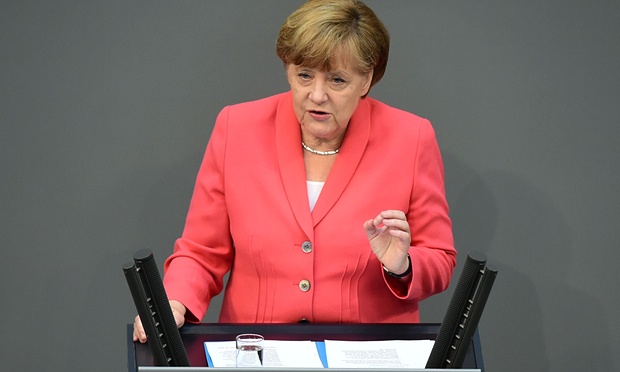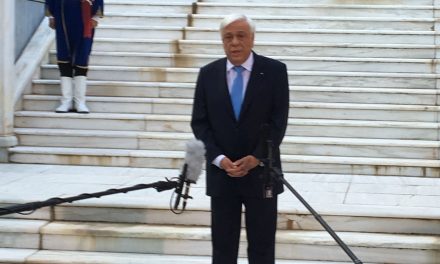By Holly Ellyatt, CNBC
Concerns and doubts over Greece’s third bailout persist as analysts wonder whether German politicians might still attach further conditions to the desperately-needed funds.
Following approval of the bailout, and the reforms attached to it, by the Greek parliament and euro zone finance ministers last Friday, this week national parliaments – including Germany – will vote to ratify the deal.
German lawmakers are expected to vote on the bailout on Wednesday and, at the weekend, German Chancellor Angela Merkel was keen to quell concerns from lawmakers over the third 86 billion euros ($95.5 billion) bailout.
Speaking to German broadcaster ZDF on Sunday, Merkel tried to reassure sceptics that the International Monetary Fund (IMF) would be involved in the latest bailout package. The IMF’s involvement in any bailout has long been a key condition for Germany’s approval of the deal and the organization’s insistence that debt relief and a detailed pension reform plan must be a central part of the Greek bailout has thrown its participation into doubt.
“Lagarde was very clear: if (debt relief without a haircut) can be achieved she will suggest to the Board of the IMF that they will participate in the program in October. And I have no doubt that what Christine Lagarde said will become a reality.”
Despite Merkel’s reassurances, opposition to a third bailout is expected on Wednesday, particularly given that last month, 65 members of Merkel’s party voted “no” against even negotiating a third bailout for Greece. Many lawmakers remain skeptical that Greece can actually implement wide-reaching reforms when it has failed to do so in the past.
On Sunday, Merkel reiterated that Germany was willing to consider extending Greek debt maturities, but no debt haircut.
“We already said so back in July with regards to extending maturities and with regards to interest rates. We may have – no, not may have, we do have room to maneuver,” she said.
“We have done so in the past. We already have extended maturities once and have pushed back deadlines. In a way we can do more here but is also clear that within the euro zone there can be no haircuts, no writing off debt.”
Strings attached?
Despite public and political opposition in Germany to granting more money for Greece, analysts believed that the majority of the German parliament, the Bundestag, would approve the bailout plan – but that there might be strings attached.
Valentin Marinov, managing director and head of G10 FX Research at Credit Agricole, told CNBC Monday that lawmakers might approve a “conditional” deal although he warned that that could weaken the bailout deal as a whole.
“If anything, the vote we’re going to see on Wednesday could be a conditional vote in the sense that (lawmakers say): ‘Yes, ok, we support the bailout provided that down the road in October, the IMF does decide to get involved’.”
“So effectively that could weaken the commitment made and could indeed fuel concerns that more uncertainty could lie ahead.”
Lothar Mentel, chief information officer at Tatton Investment Management, told CNBC Monday that If the Bundestag was to decline its support “that would be a shock.”
“Experience and history has shown that the Germans do not like to upset the European apple cart and this would be a major upset so I think the chances (of lawmakers opposing the deal) are very low.”



















